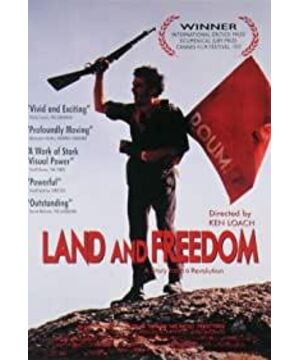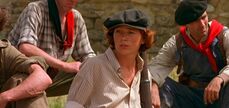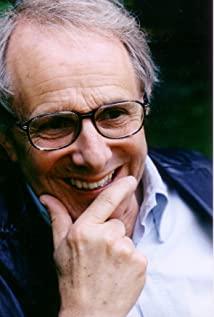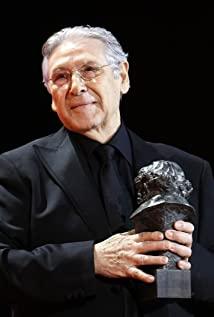I always thought that the stories of Anglo-Saxon men who went to a foreign land to help the weak and slept with local women only existed in third world countries such as me, but I did not expect them to be the same with other races in the first world.
The title of the film is "Land" and "Freedom". However, with the exception of a more in-depth discussion of the land reform issue, the entire film is actually about a transnational romance. Moreover, this love affair has nothing to do with "land" or "freedom". When placed in any other temporal and spatial context, it will be immediately interpreted as the spiritual indecency of Anglo-Saxon men towards other countries. Interestingly, the same story is in the semi-documentary feature film "Shanghai Marines" of the Japanese Admiralty Department: Setsuko Hara played the role of such an ethnic Shanghai woman but became China because of the kindness of the Japanese. The object of fools to vent their anger. A similar story happened in the famous Broadway drama "Miss Saigon", and also appeared in the Hong Kong film "Christ of Nanjing" by Akutagawa Ryunosuke. We can call it "Madame Butterfly" syndrome: the image of a foreign race is always a female. Anglo-Saxons are always male images, and their forced insertion (aggression, revolution) and forced withdrawal (withdrawal, identity requirements) leave behind regret and melancholy. On the other hand, is this an ambivalence between marine civilization and mainland civilization, just like men have to female genitalia, "Jin Ping Mei" said " the door of life, the door of death ". They hate this place of birth where they once fled, but they are infinitely disheartened by the safety, warmth and pleasure she provides.
The second sin of the film is extreme hypocrisy: the director didn't shoot even one shot of the hero David. The male protagonist has gone through a lot of battles and used the voice of someone who came over in the tavern to scold the baby soldiers, but to the audience, he never killed anyone, as if he had been running with the guerrillas, especially in a detailed description of the battlefield. In the capture of the village, the director used fast editing, but did not edit him and the dead enemy together. All the enemies seemed to have been shot to death by others, and he was just a war reporter. At the end of the war, he had to highlight his unwillingness to shoot at hostage enemies to highlight his humanistic care. Basically, David was an angel.
The third crime in this film is a very clear political boundary. Communism is not good but democracy in communism is good, capitalism is not good but capitalist America is good, because America gets things done. Among such complicated political terms, the director is like a crab. He singled out the terms that were in line with Western values, especially Anglo-Saxon values during the communist revolution, and showed them to the audience. Protestant Christianity instead of Catholicism, primitive democracy instead of highly politicized, Anglo-Saxon romanticism instead of German French, anti-fascist instead of anti-capitalist communism.
My evaluation of this film is disgusting.
View more about Land and Freedom reviews











